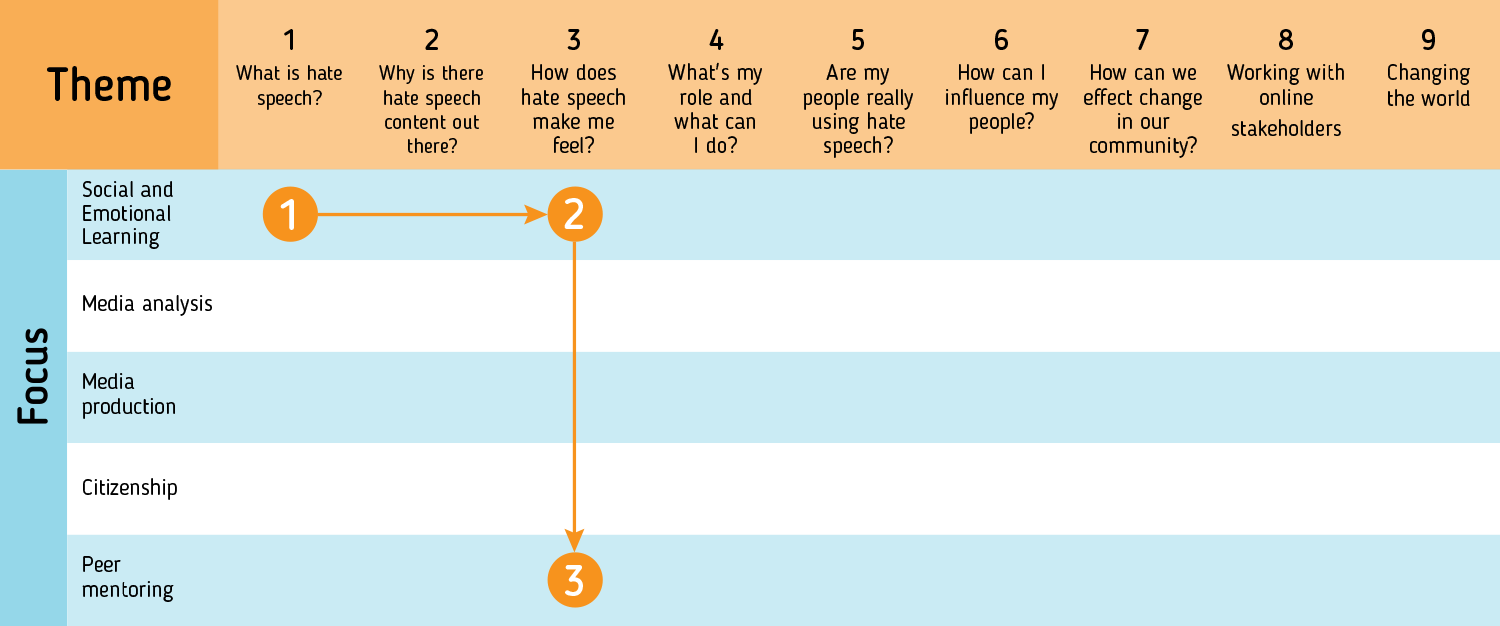Pathway 4: E-Sports Club
This section is a real-life story of a professional experienced working with vulnerable children and youth. He has hacked and found a relevant pathway through the SELMA Toolkit. We hope this story will inspire you to do the same.

“I am a coach in a small E-sports club, where we have about 40 members. Most of them are between 11-15 years old. We play many different games, from Lotr, to CS: GO and many in between. :)
Most of our members are what you would probably call ordinary children and young people. But we also have members who face different kinds of mental health challenges. For instance, we have two members who have ADHD, and three months ago we got a new member who has Asperger syndrome. Whenever he attends training, he always has his support person with him.
Since the start of our club, a year ago, we have followed the Danish e-sports association's code of ethics, focusing on, for example, gambling, fair play, diet and health.
The last few months, however, our members who need a little extra support when they are in the club, made us aware that we also need to put special emphasis on issues related to hateful comments and intolerant behaviour.
We regularly experience that our members encounter violent language and in some games the hateful tone almost seems to be a normal part of the game culture. We experienced that our own players have had violent outbursts of anger, which have created tensions during the training sessions. In some cases, it also meant that some of our members have been banned from certain games.
We have always had a set of rules in relation to the use of language, but it was clear to us that we had to work more on this. One of my friends, who teaches in a special needs school, showed me the SELMA Toolkit.
We've probably had the idea for too long that offensive language was just a part of the gaming culture, and that our members were good at separating their online game experiences from their offline behaviour. But in fact, we have come to understand that hate speech has a far greater influence on us all.
Therefore, we decided to do four meetings, over a period of a month, to focus on this problem.
- We actually started the first meeting reading sections from the article: “Why did I hate online?” with our members. We felt this article is doing a really good job bringing in the perspective of a young gamer; we felt our members could recognize themselves in the profile being described, and that this would get them into the mindset we wanted.
- Subsequently we worked, at two meetings, on the ‘SEL’ exercise ‘Matching Emotions to Hate Speech’ from ‘Theme 1’ and the ‘SEL’ ‘Take a Meta-moment’ activity from ‘Theme 3’. This helped the group to better understand how hate speech affects us, and how we can better deal with situations where we are saying something hateful ourselves.
- Then we used the fourth meeting to come up with some concrete tools. We used ‘Theme 3’ ‘Peer Mentoring’ activities ‘Who am I’ and ‘Putting my best self forward’ to allow each member to come up with the perfect tools for being able to take a breather (also heavily inspired by slide 8 & 9 in the ‘Take a Meta moment’ activity). This helps the young people in our group to better regulate their own emotions and behaviours, in situations where they meet hate speech, or feel like losing control themselves.
The SELMA approach made a remarkable change in the views and behaviours of participants, while improving the overall sense of wellbeing in the club.”
